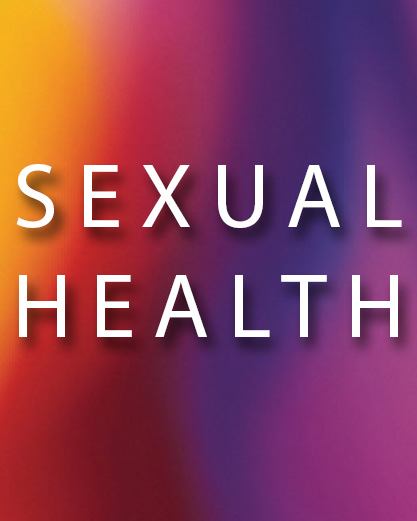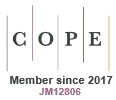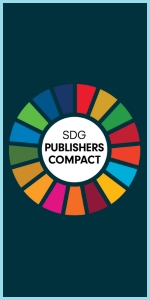SH24149Renal impairment risk in Indigenous and non-Indigenous people who take HIV pre-exposure prophylaxis (PrEP): a retrospective cohort study
 , H. McManus, T. Vickers, J. Salerno, M. Tobin, J. T. Hughes, D. A. Lewis, A. Carter
, H. McManus, T. Vickers, J. Salerno, M. Tobin, J. T. Hughes, D. A. Lewis, A. Carter  , D. Russell, M. Gunathilake, H. Ali, R. Guy, C. C. O’Connor, J. Ward, D. M. Gracey and
, D. Russell, M. Gunathilake, H. Ali, R. Guy, C. C. O’Connor, J. Ward, D. M. Gracey and
Pre-exposure prophylaxis (PrEP) is a key tool in HIV prevention, but its current regimens come with a risk of kidney dysfunction. Whether this risk is higher in Aboriginal and Torres Strait Islander peoples, who have higher rates of chronic kidney disease, is unknown. Our study demonstrates that the risk of kidney dysfunction with PrEP is similar between Aboriginal and Torres Strait Islander peoples and non-Indigenous Australians.




